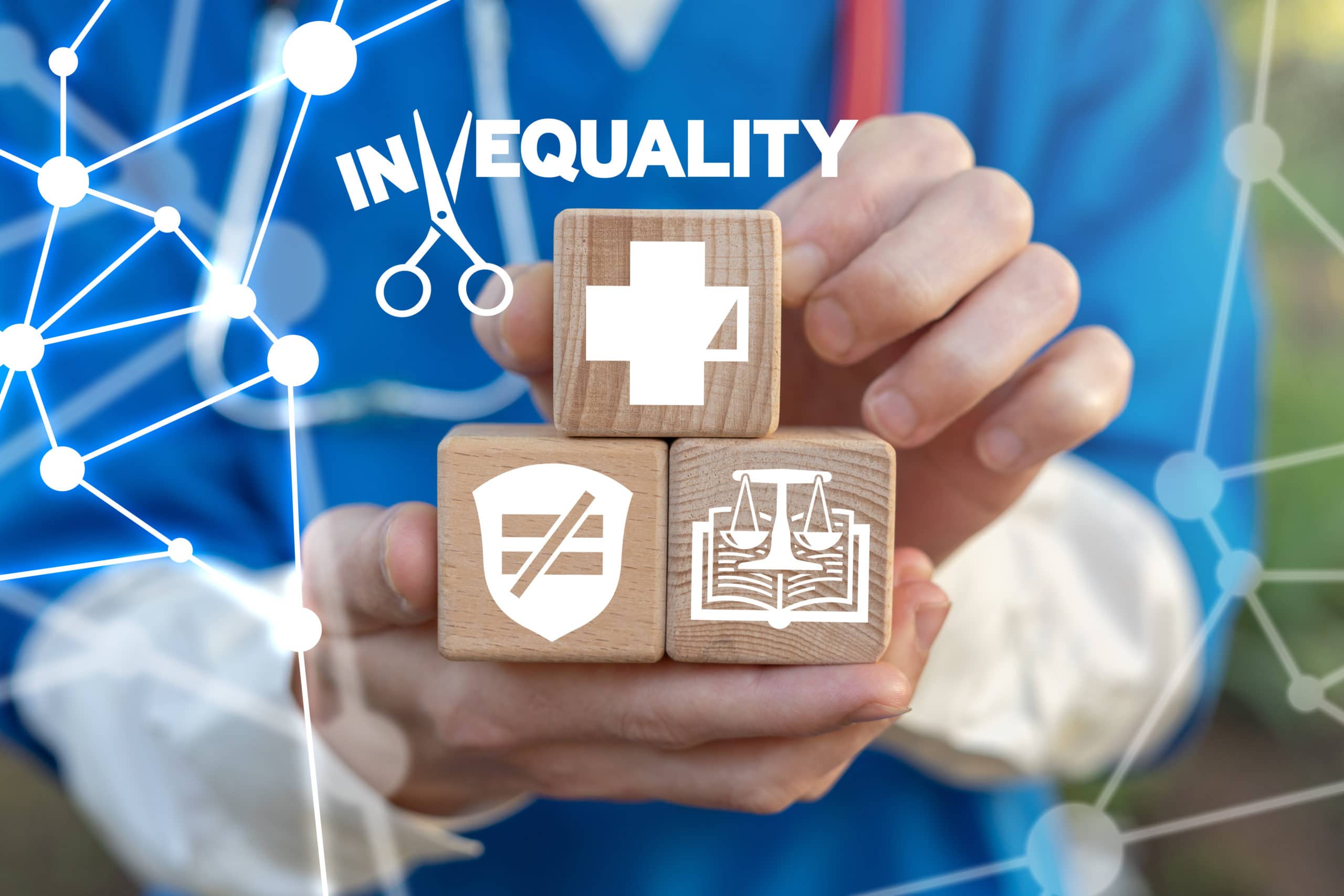
Is Racism a Public Health Emergency?
Racial and ethnic disparities in healthcare are well documented. These disparities existed long before COVID-19 or the death of George Floyd. However, COVID-19 and current calls for an end to systemic racism are drawing attention…
Racial and ethnic disparities in healthcare are well documented. These disparities existed long before COVID-19 or the death of George Floyd. However, COVID-19 and current calls for an end to systemic racism are drawing attention to disparities in the healthcare system like never before. In fact, some lawmakers are now calling racism a public health emergency.
Lawmakers Declare Racism a Public Health Emergency
In response to a nationwide call for equality, lawmakers are taking action. Several cities, counties and states have declared racism a public health emergency. From California to Maryland, state and local lawmakers are acknowledging the link between race and healthcare disparities. Many experts in the healthcare industry call the acknowledgement of racism as a public health emergency “long overdue.”
In cities like Cleveland, Ohio, health disparities and emergencies are well documented. Cleveland has made headlines in recent years due to police-involved shootings, high maternal and infant mortality rates and high rates of lead poisoning. In Cleveland, maternal mortality rates among black women are two-to-three times higher than among white women. Infant mortality rates are almost three times the rate among white infants.
In Boston, Massachusetts, Mayor Marty Walsh also recently declared racism a public health crisis. He has promised to allocate $3 million toward public health. Walsh says the $3 million is coming from the department’s overtime budget, and accounts for less than 1% of the police department’s overall budget. The Mayor also proposes to move $9 million from the police department’s budget to initiatives involving housing, counseling and businesses owned by women or minorities.
Understanding Racism in the Healthcare System
Racism can be defined as:
“A system of structuring opportunity and assigning value based on the social interpretation of how one looks (which is what we call “race”), that unfairly disadvantages some individuals and communities, unfairly advantages other individuals and communities, and saps the strength of the whole society through the waste of human resources.”
Disparities in the American healthcare system occur for numerous reasons. Racial, ethnic, social or economic bias are just a handful of the reasons why black Americans suffer from poorer care than their peers. Research shows that black Americans are:
- More likely to die at an early age.
- Less likely to receive adequate emergency care.
- 50% more likely to have high blood pressure.
- Twice as likely to die from heart disease.
- Less likely to receive adequate diagnostic care.
- Less likely to obtain a prescription for analgesics or antibiotics.
- Three times more likely to die from pregnancy-related complications.
- Twice as likely to have babies that are underweight.
- Twice as likely to die within the first year of life.
These disparities are alarming, and have only been re-affirmed during the COVID-19 pandemic. Death rates from the novel coronavirus COVID-19 are 2.3 times higher among black patients than white patients. Many believe that the reason for this higher death rate is disparities in access to quality care, diagnostics and quality and timely treatment.
Is Discrimination a Chronic Illness?
In addition to disparities in healthcare, researchers also point out that racism can also erode general health and wellbeing. There may be a link between the stress of being marginalized and a phenomenon called “weathering.” Weathering accelerates aging at the genetic level. This accelerated aging process could explain why black Americans are more likely to suffer from certain health conditions.
Research shows a positive correlation between chronic stress from discrimination and development of certain health disorders. For example, people who experience years of microaggressions tend to develop heart disease more quickly than their peers. Another example is research showing that black women who experience racist encounters are more likely to have chronic inflammation. Yet another example is that pregnant black women who experience high levels of discrimination are more likely to give birth to infants with a lower birth weight.
Can We Bridge the Gap of Healthcare Disparities?
With increasing research and awareness on the issue of healthcare disparities we can now only consider how to bridge the gap and put an end to healthcare inequity. Millions of Americans are speaking out in a call for equality. Lawmakers are beginning to utilize their resources in a way that could help bridge the gap and promote health equity. Their declaring racism a public health emergency is certainly a positive step. But we can do more to truly address racial injustice.
So, how do we ensure that every American has equal opportunities? The American Public Health Association (APHA) says that the key is racial healing. That means,
“Using a healing and heart-centered approach to get rid of the false belief that any people are superior to others based on their skin color.”
